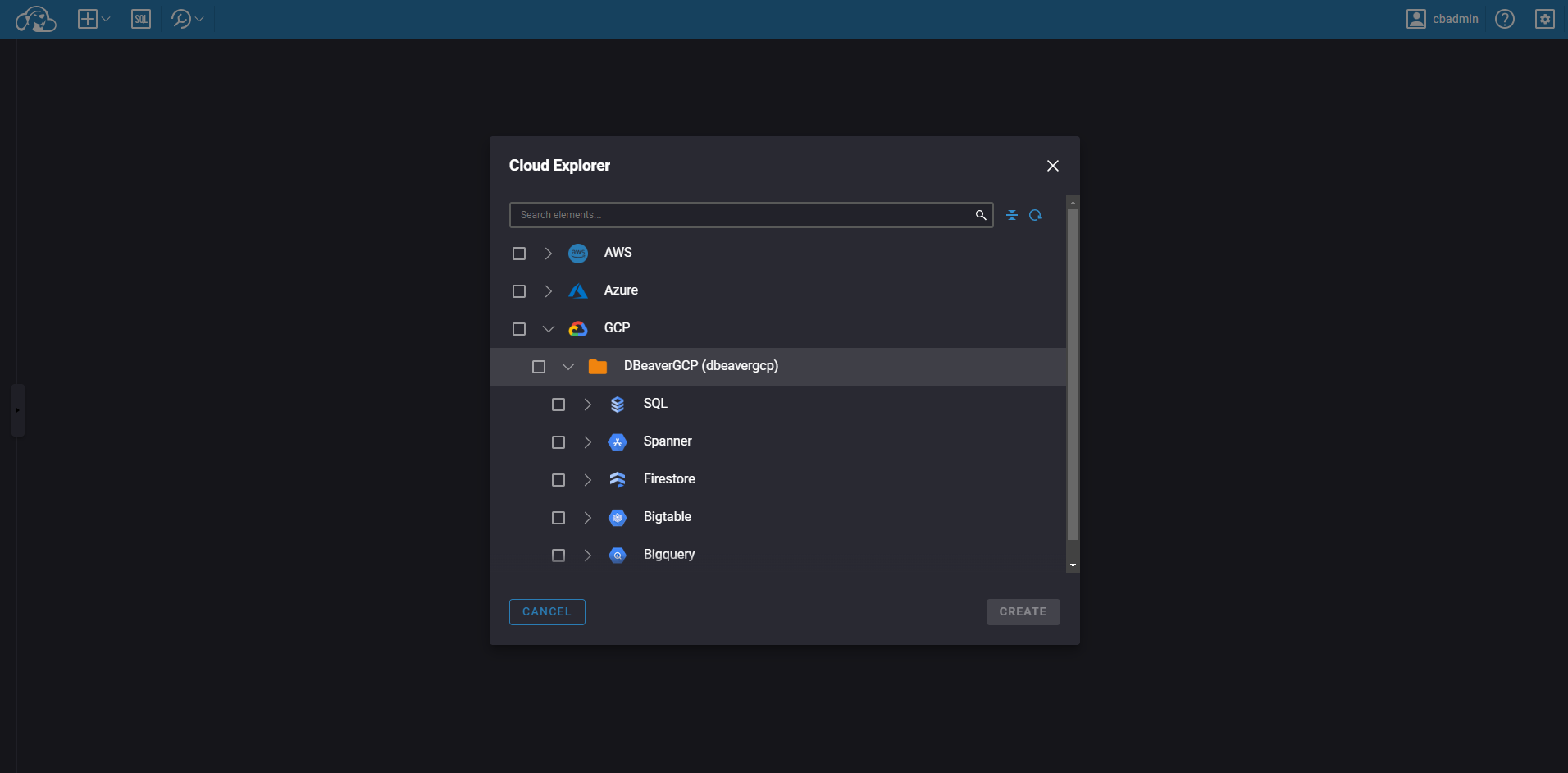You know that feeling when you're working remotely and need to check a database, but DBeaver isn't installed on your current machine? Or when your colleague needs to run one SQL query but doesn't want to install yet another desktop app? CloudBeaver solves this exact bullshit.
It's literally DBeaver running in a web browser. Same company, same database drivers, same basic interface - just accessible through Chrome instead of a desktop app. Whatever version you're running probably has decent AI features and security settings, though I haven't bothered with most of the enterprise AI stuff.
The Docker Setup That Actually Works
Getting CloudBeaver running is pretty straightforward:
docker run --rm -ti -p 8978:8978 -v local_folder:/opt/cloudbeaver/workspace dbeaver/cloudbeaver:latest
That's it. Open http://localhost:8978 and you're in business. The volume mount is crucial - without it, you'll lose all your connections every time you restart the container. Learned that one the hard way after setting up 12 database connections and watching them vanish.
Port 8978 might conflict with other services if you're running a lot of local development stuff. I've had to change it to 8979 or 8980 when other tools were being greedy with ports. Docker documentation has alternative configurations if needed.
Community vs Enterprise: The Pricing Reality
Community Edition is free and open source. Does SQL editing, data viewing, basic admin stuff. Handles PostgreSQL, MySQL, Oracle, SQL Server, MongoDB, and dozens of other databases. For most teams, it's perfectly fine.
Enterprise Edition pricing isn't publicly listed - you have to contact sales like every other enterprise tool. They offer a 14-day trial though, which is reasonable. Enterprise gets you AI SQL assistance, SSO integration, better user management, and cloud integrations for AWS/Azure/GCP.
The AI feature works maybe half the time for basic queries. It's decent for simple JOINs but completely shits the bed with complex window functions or anything involving multiple CTEs. Still faster than Stack Overflow for the easy stuff.
Real-World Pain Points
CloudBeaver works well, but it's not perfect:
- Slower than desktop: Web apps are always slower than native desktop apps. Large result sets take longer to load. Queries that return thousands of rows make the browser sluggish as hell.
- Browser crashes lose work: If Chrome crashes or you accidentally close the tab, you lose any unsaved SQL queries. Desktop DBeaver handles this better with auto-save. Learned this the hard way during a 3-hour query optimization session.
- Volume permissions hell: Docker volume permissions can get completely fucked up, especially on Linux. Spent 2 hours debugging why CloudBeaver couldn't save connections - turns out the container user didn't match the host directory owner. You'll probably need to
chownthe workspace directory. - Memory usage spirals: The Docker container can be a memory hog if you have many concurrent connections. Watched it eat 4GB RAM when the whole team left database connections open over the weekend. Check resource requirements for proper sizing or your server will hate you.
- Random version weirdness: Sometimes updates break random stuff. Had SAML auth stop working after one update and sessions started expiring every 10 minutes. Usually gets fixed in the next release but it's annoying when you're trying to get work done.
- SSL certificate bullshit: Chrome occasionally throws certificate errors even with valid certs, especially with self-signed development certificates. Usually clears up if you restart the container but it's another thing to troubleshoot.
But the trade-off is worth it for team collaboration. No more "can you run this query for me?" messages in Slack.
When CloudBeaver Makes Sense
Perfect for:
- Teams that need shared database access
- Remote work scenarios
- Environments where installing desktop software is a pain
- Quick database checks without full DBeaver setup
- Organizations with strict software installation policies
Not ideal for:
- Heavy development work (desktop is faster)
- Offline database work
- Complex data modeling tasks
- If you're the only person using it
The bottom line: CloudBeaver works well in collaborative environments where consistent access matters more than peak performance. It fills the gap between desktop database tools and practical team workflows, making database access available to your whole team without the installation bullshit.



